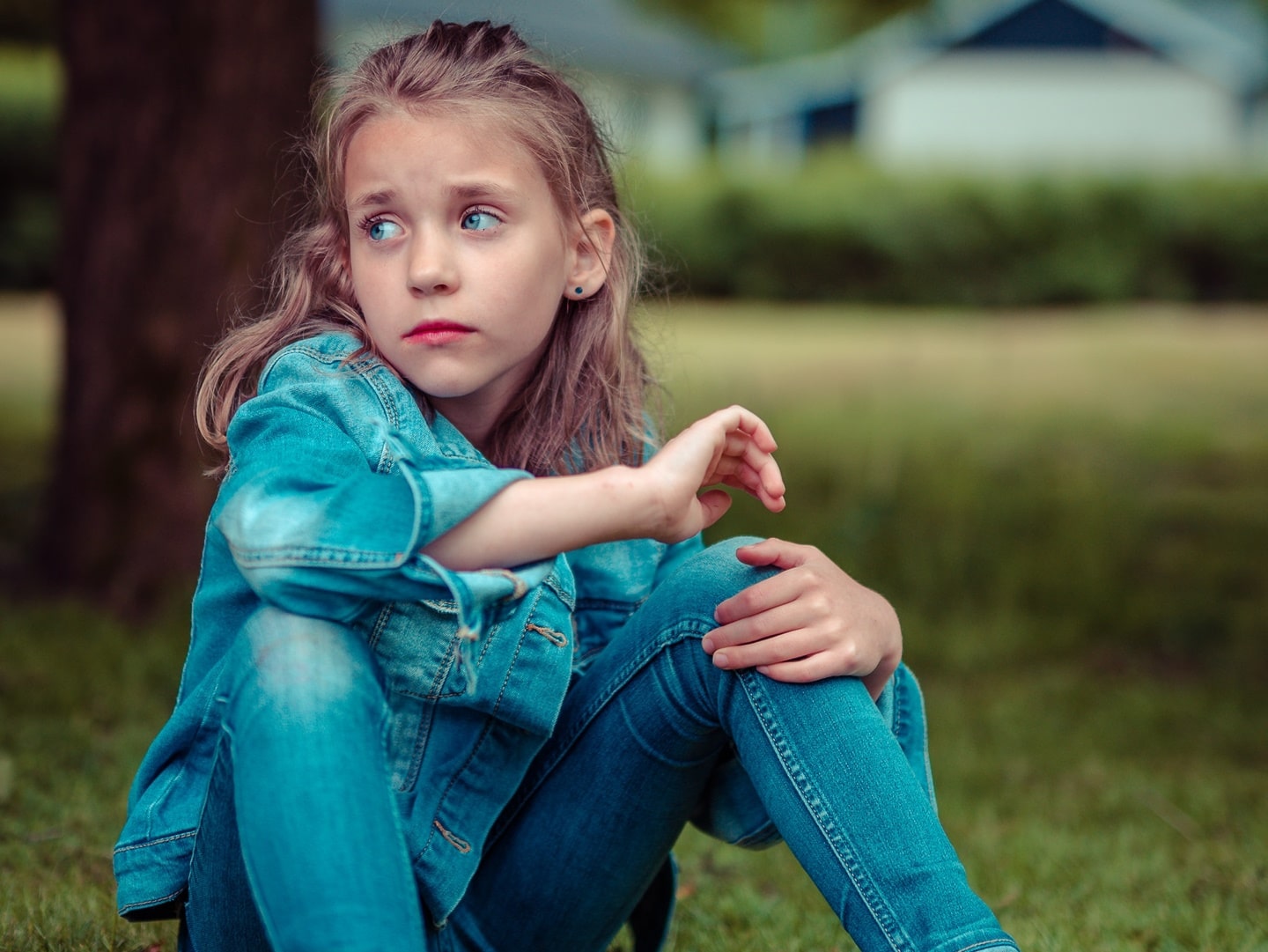Clinical Psychologist Celia Dean offers some insight into interparental conflict during lockdown and how this might affect children and families…
We’re all learning a lot about ourselves and our close relationships during lockdown. This period is unlike anything anyone of us have ever experienced and therefore we and our relationships are being challenged in new ways too. I have to admit sometimes the things I’m learning about myself aren’t always positive. I’d like to think that under pressure I would react with resilience, patience and kindness but sadly the reality is I’m probably more impatient, snappy, and less relaxed and pleasant to be around! This rising tension at home is not helped by the thought of many more months ahead spending the vast majority of time at home with only my partner and teenagers for company with little chance of social get-togethers and opportunities to unwind and have a laugh with friends.

But what if the situation were significantly more stressful? What if my partner had recently lost his job due to COVID-19, and we had no way of paying the next month’s rent and there was a real risk of being made homeless in a few weeks. And what if we were struggling to get enough food on the table for the four of us? And what if my teenagers were in fact two young kids at primary school who were constantly bickering and fighting and I was trying to home educate them and am not getting through half of the school work that teachers keep sending home. Things suddenly would seem a whole lot worse.
I’d expect the stress between my partner and I would have raised exponentially. How might this play out? It’s easy to imagine the stress and resulting arguments that might occur between us as parents. We’d both be frantic with worry about our finances, our home and our kids. Often when in the midst of this high level of stress it’s our closest relationships that take the hit. The people we love the most bear the brunt of our anxiety, frustration and anger, and before we know it, the relationship too seems to be in crisis. Communication is one of the first things to be compromised in these stressful times with misunderstandings fuelling the tensions. The support we used to give each other seems to have been replaced with blame, accusations and hurt.
How is this relevant to us at Kids Matter? Well, we are very aware of the stresses many families are under right now and how this can affect the whole family including children. We know that arguments between couples is normal but certain types of parental conflict can be detrimental to a child’s development. Research tells us that when conflict between the couple is heated and hostile, involves verbal insults, is physically aggressive or seems to threaten the stability of the family, then it can have negative consequences for the child. This is especially so if the conflict appears to be about the child.
How does it impact the children? We can think of conflict between parents as having a spill-over effect as it seems to affect how couples are able to parent as well as the quality of the relationship between parent and child. Parenting may be affected in a number of different ways, for some parents in high-conflict relationships there is a tendency to engage in more criticism, aggression, making threats, shouting, and hitting. For others there is a disinterested or inconsistent approach to parenting, parents are simply too overwhelmed and don’t pay enough attention to their children. All of these are associated with negative developmental outcomes for children.
At Kids Matter we are all too aware of the additional stresses on parents right now and are keen to support them so that they can help their children to thrive. Our Kids Matter programme recognises that parenting is not just about looking after our children, it is about how we look after ourselves and our relationships in the family as this sets the tone at home and the environment our children are growing up in. By taking time to think about the ways in which we express, manage and ultimately resolve our disagreements we are opening up the possibility of creating a happier atmosphere in the home as well as modelling to our children how to manage conflict well so they too can use these skills in their own relationships as they grow up.
If you’d like to find out more about Kids Matter or would like to get involved, as a volunteer or by financially supporting our programme, please contact us at info@kidsmatter.org.uk. And for more on our IMPACT, click here.